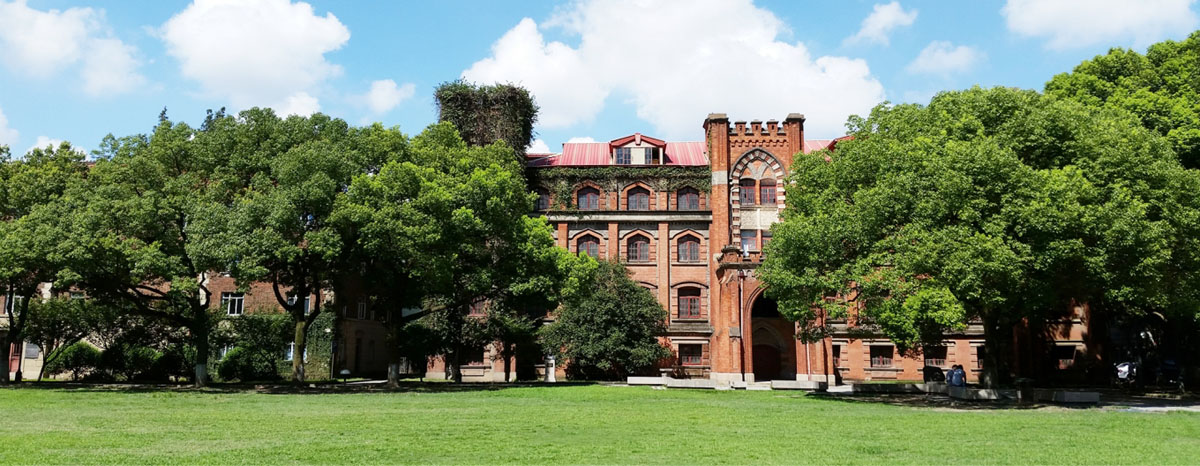
Situated in the historical and picturesque city of Suzhou, a metropolis well reputed in the world for its classic gardens, Soochow University is a key university of “Project 211”, one of the first-batch universities of the “2011 Plan”, a member of "the Double First-Class" Initiative and a provincial key comprehensive university of Jiangsu Province jointly sponsored by the State Administration of Science, Technology and Industry for National Defense and Jiangsu Provincial People’s Government. As its predecessor, Soochow University ( Pinyin: DōngwúDàxué, established in 1900) spearheaded the Western-style education and incorporated the quintessence of Chinese and Western cultures, making it the first university in China run with a modern university disciplinary system. In the history of China’s higher education, Soochow University (DōngwúDàxué) had been the forerunner of the education in the science of law (specifically, Anglo-American law), the earliest in the education for graduate students and the conferring of Master's degree and the first in initiating academic journals. In 1952, in following the restructuring of colleges and departments in China, the School of Arts and Sciences of Soochow University (DōngwúDàxué) merged with the Southern Jiangsu College of Culture and Education and the Department of Mathematics and Physics of Jiangnan University to form the Southern Jiangsu Teachers’ College, which was later renamed as Jiangsu Teacher's College in the same year. In 1982, the English name Soochow University was revived in 1982. After that, Suzhou College of Sericulture, Suzhou Institute of Silk Textile Technology and Suzhou Medical College were merged into the University in 1995, 1997 and 2000 successively. From the galaxy of star scholars in the Republic of China to the audacious innovations in the People’s Republic, Soochow University has gone down further in the history of China’s higher education from the fast perseverance in the fine tradition of normal education to the strategic transformation and return to a comprehensive university and from the leaping development facilitated by the joining of multiple colleges to the glorious efforts to be a top university.
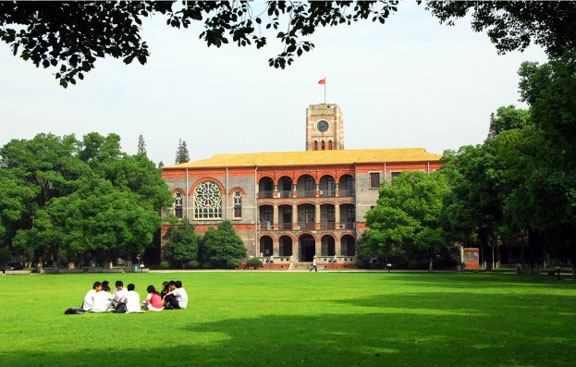
For more than a century, generations of the Soochow University community have remain committed to the university motto of “Unto a full grown man”, inspired by which they have been steadfastly putting academic inquiries first, applying what they have learned into practice, promoting freedom, openness, tolerance, inclusiveness, and the unyielding pursuit of excellence, and adhering to erudition and earnest practice towards perfection. Furthermore, they have been committed to the output of model citizens with “free spirit, excellent ability, independent personality and the sense of social responsibility”. Soochow University has produced over 500,000 people who have significantly contributed to our nation in all professions and trades, standing out of whom is the galaxy of backbone elites and social personages such as Xu Deheng, Zhou Gucheng, Fei Hsiao-Tung, Lei Jieqiong, Sun Qimeng, Zhao Puchu, Qian Weichang, Dong Yinchu, Tsung-Dao Lee, Judson Nyi, Zheng Pijiang, Ti-liang Yang, Louis Cha (Jin Yong) and the various academicians of the Chinese Academy of Sciences and Chinese Academy of Engineering, including Tan Jiazhen, Chen Ziyuan, Yu Mingfang, Song Daxiang and Qimin Zhan, to name just a few.
Soochow University has 5,197faculty and staff members, among whom there are2,489 holding associate professorial titles or above, 1 Nobel Prize winner, 7 academicians of the Chinese Academy of Sciences and Chinese Academy of Engineering, 4 academicians from developed countries, 18 selected members of “Thousand Talents Program”, 47 members of “Thousand Young Talents Program”, 10 distinguished professors of “Changjiang Scholars Program”, 6 young scholars of “Changjiang Scholars Program”, 27 winners for National Science Fund for Distinguished Young Scholars, 36 winners for National Science Fund for Excellent Young Scholars, 1 outstanding talent of the “Ten-Thousand Talents Program”, 8 leading talents in scientific and technological innovation in the “Ten-Thousand Talents Program”, 3 top-notch young talents in the “Ten-Thousand Talents Program”, 6 members of discipline appraisal group from the Academic Degrees Committee of the State Council. A strong and well-structured team of teachers has taken its initial shape.
In following the idea of “propelling the domestic first-class university by promoting its international visibility”, Soochow University has been further advancing the internationalization of education in an all-round way. It has established various inter-university exchange ties successively with more than 180 institutions of higher learning and research institutes from over 30 countries and regions. Its annual enrollments of overseas students, from over 60 countries and regions, are over 3,000 person-times. Since 2007, Soochow University has been working with Portland State University in co-establishing the Confucius Institute at Portland State University. In 2010, Soochow University was selected into “China-Africa 20+20 Project” by the Ministry of Education to assist the construction of Lagos University in Nigeria. In 2011, Soochow University founded the first-ever Chinese university overseas, that is, Soochow University in Laos. At present, Soochow University in Laos has been an important national stage and cultural icon in “the Belt and Road” Initiative.
Soochow University consists of three campuses, Tianci Zhuang Campus, Dushu Lake Campus and Yangcheng Lake Campus, covering an area of 3,586mu (mu, a unit of area, one mu equals to 0.0667 hectare) with over 1,580,000 square meters of building area. Abundant collections of books and reference materials are housed in the University, among which there are about 4 million volumes of books. Moreover, over 400 thousand volumes of periodicals, over 1.1 million volumes of electronic books and other publications and 82 databases are in Chinese and/or foreign languages. Sponsored by Soochow University are multiple professional academic journals, such as the Philosophy & Social Science Edition, the Educational Science Edition and the Law Edition of the Journal of Soochow University, Algebra Colloquium, Modern Silk Science & Technology, Chinese Journal of Hemorheology, Language and Semiotic Studies, etc. Among these journals, as the source journal for Chinese Social Sciences Citation Index (CSSCI) and the national core journal in Chinese, the Journal of Soochow University (the Philosophy & Social Science Edition) in 2016, 83 papers of of it, exactly, had been reprinted and excerpted by authoritative secondary literature, such as the Xinhua Digest and China Social Science Excellence Full-text Database of Renmin University of China, ranking No.6 by the standard of reprinted quantity among the journals of comprehensive universities in China and No.32 among the approximately 2,200 kinds of the theoretical periodicals of social sciences edition reprinted nationwide.
Geared to “the 13th Five-Year Plan”, all members of Soochow University are marshaled with high morale, open mind and global vision in harnessing favorable climatic, geographical and human conditions to keep on reinvigorating Soochow University by excellent talents, quality education and profound culture. Based on the economic might and the cultural and geographical advantages of the Yangtze River Delta, they are endeavoring to move Soochow University towards a domestic top-class university, an internationally renowned high-caliber research university and a major regional base for the training of highly-qualified innovative and entrepreneurial talents, for high-level scientific studies and high-tech research and development as well as for high-level decision-making counseling.
Currently, twelve disciplinary fields are offered at Soochow University, namely, philosophy, economics, the science of law, education, literature, history, science, engineering, agronomy, medical science, management, and art. The university’s 26 colleges/faculties are accommodating 27,136full-time undergraduate students, 11,959 full-time postgraduate students, 1,676 part-time postgraduate students,1,788 full-time PhD students, 2,146 MD students and 2,207 overseas students from all backgrounds. Soochow University offers 131 undergraduate majors, 51 stations of first-tier disciplines awarding master’s degrees, 24 stations awarding professional master's degrees, 28 stations of first-tier disciplines awarding doctoral degrees, 1 station awarding professional doctoral degrees, 29 postdoctoral mobile stations, 1 state first-level discipline, 4 national key disciplines, 20 preponderant disciplines among institutions of higher learning and 15 key disciplines of “the 13th Five-Year Plan” in Jiangsu Province. By far, 9 disciplines, namely chemistry, physics, materials science, clinical medicine, engineering, pharmacology and toxicology, biology and biochemistry, neuroscience and behavioral science, molecular biology and genetics, have been listed among the top 1% of the global Essential Science Indicators (ESI), among which chemistry and materials science have ascended to the top 1‰.
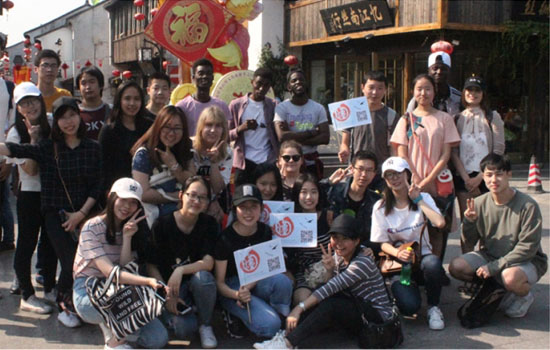
Soochow University has 2 national-level student development bases, 1 national model base for innovative talent training, 3 national-level experimental teaching demonstration centers, 1 national-level virtual-simulation experimental teaching demonstration center, 2 national-level experimental areas for personnel training mode innovation, 1 national-level teaching base for undergraduate off-campus practice, 1 national collaborative innovation center (the leading unit) for the “2011 Plan”, 1 key research institute of humanities and social sciences under the Ministry of Education, 1 national key laboratory co-constructed by provincial and ministerial efforts, 1 national engineering laboratory, 2 national-local joint engineering laboratories, 2 national-level international collaborative research centers, 3 national-level public service platforms, 1 National University Science Park, 1 State Key Laboratory Base, 1 national key laboratory incubation station among institutions of higher learning in Jiangsu Province, 4 collaborative innovation centers for institutions of higher learning in Jiangsu Province, 18 provincial and ministerial-level key research bases for philosophy and social studies, 30 provincial and ministerial-level key laboratories, 11 provincial and ministerial-level public service platforms and 4 provincial and ministerial-level engineering centers.
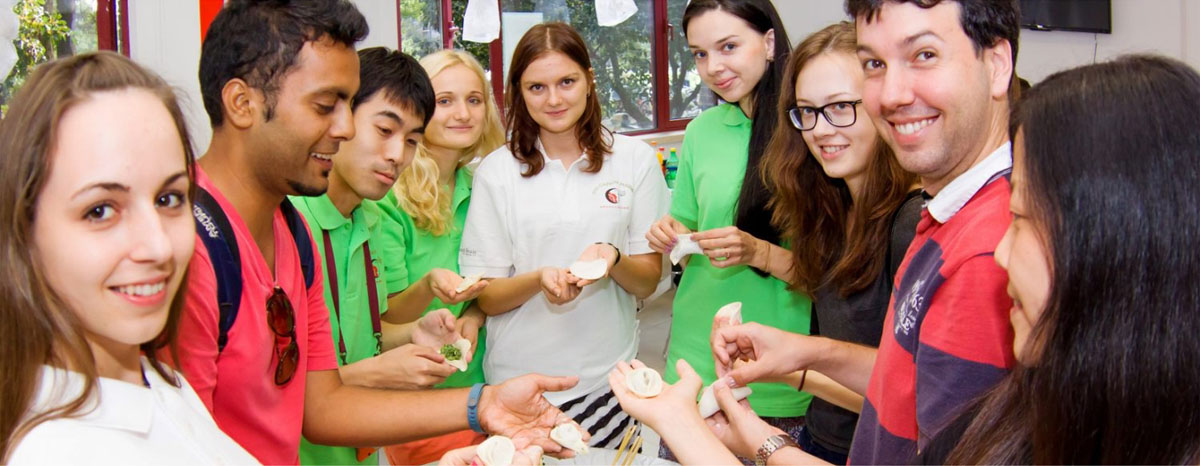
Soochow University keeps talent cultivation at the heart of its primary mission, puts moral education and people cultivation first and positions itself to bring up highly responsible, innovative, application-oriented and internationalized talents. Guided by the integration of liberal education and professional education, Soochow University highlights the improvement of students’ overall quality, the consolidation of their fundamental subject knowledge and the training of their innovative and entrepreneurial capacities. It vigorously deepens the systematic reform of personnel training to unremittingly uplift the output quality. The College of Nano Science and Technology of Soochow University has been listed into the 17 first-batch national pilot colleges, making it the special zone for the system and mechanism reforms of higher education. In the active exploration of new patterns for personnel training, two academies have been founded, with C. W. Chu College positioned as “the second classroom” outside professional education and Tang Wenzhi College as “the first classroom” engaged in liberal education. In recent years, Soochow University has turned out over 200 national-level prize winners unfailingly in each year. In 2013, Soochow University successfully hosted “the 13th Challenge Cup” National College Students’ Extracurricular Academic Science and Technology Works Contest and its team was also awarded the trophy cup upon ranking No.2 in terms of the total score among participant teams nationwide. In 2018, participants from Soochow University won 1 gold award and 2 bronze awards in the specialized contest in “China College Students' Entrepreneurship Competition”. Furthermore, during the four Olympic Games of recent years, four students of Soochow University, Chen Yanqing, Wu Jingyu, Sun Yang and Zhou Chunxiu, totally won “5 gold medals, 1 silver medal and 1 bronze medal”, which was acknowledged by a special thank-you letter from Mr.Jacques Rogge, the former president of the International Olympic Committee.
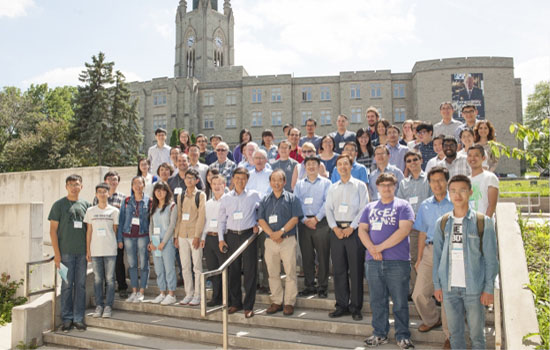
As a result of the scientific and technological innovation strategy “Think big and start small”, Soochow University has harvested fruitful results in scientific innovation. To date in 2018, the field of humanities & social sciences of Soochow University has been awarded with 34 national-level projects with 1 major project and 3 key projects, out of which 5 research projects have won the Excellent Theoretical Achievement Award in Jiangsu Province, with 3 for the first prize and 8 for the second prize, and 1 project has won the 7th Lu Xun Literary Prize. In natural science, 311 projects have been granted and sponsored by the National Natural Science Foundation of China, ranking No.19 by number among the higher-learning institutions nationwide, No.1 among provincial universities again and the top 20 among national institutions of higher learning for 7 consecutive years. In 2017, 1 research project was awarded with the second prize of National Science and Technology Progress Award and 7 acknowledged by Science Research Award of Famous Achievement in Higher Institutions set up by the Ministry of Education, with 1 finding winning the first prize and 2 the second prize in natural science, 1 project winning the first prize and 2 the second prize of Science and Technology Progress Award and 1 project winning the second prize for Technological Invention Award. In Addition, 10 projects won Jiangsu Science and Technology Award and 4 of them were recognized by the first prize. The three major indexes, namely, SCI, EI and ISTP, have included 4,089 papers from Soochow University, among which 2,485 papers have been included by SCIE and 1,234 papers recognized as “China Distinguished International Sci-tech Papers”, ranking No.23 and No.20 respectively in terms of quantity among institutions of higher learning in China. In 2017, 1,336 items of intellectual property from Soochow University were declared, with 1,033 items accepted (among which the applications of 80 items of international intellectual property were filed, with 8 approved). As indicated by the data from Nature Index and Lens in 2017, Soochow University headed the list of mainland universities among the global innovative scientific research institutions and universities.


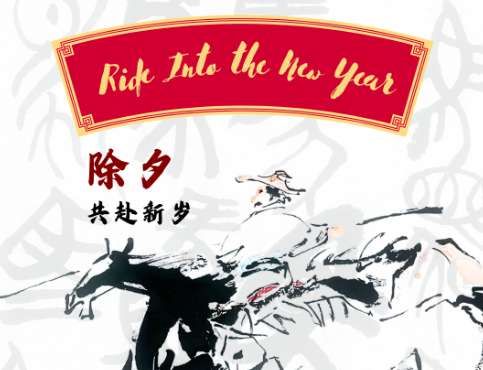

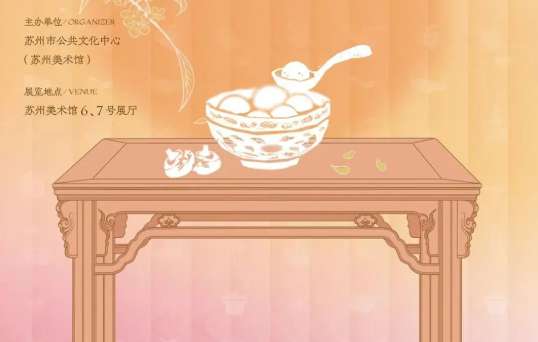
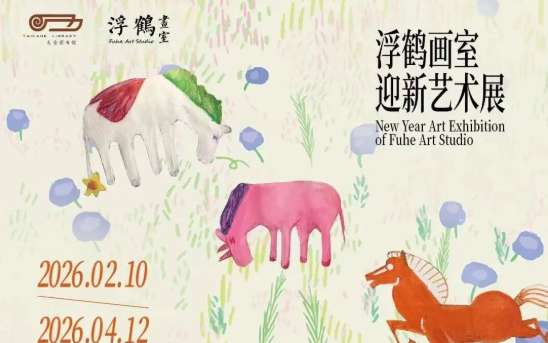
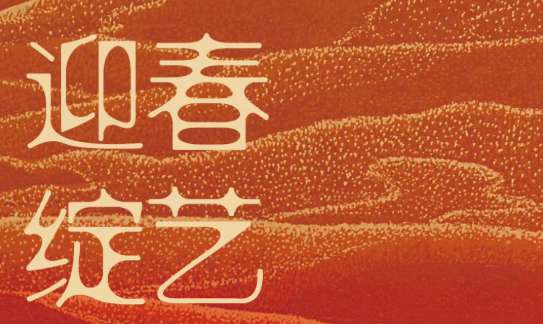


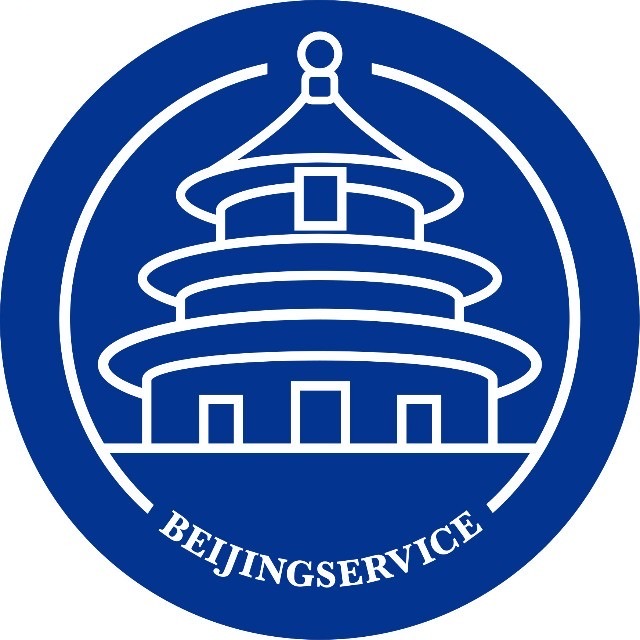
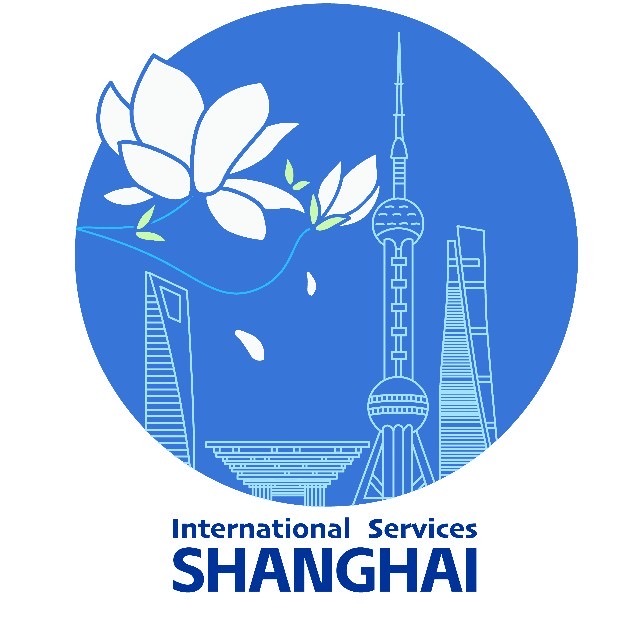



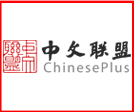
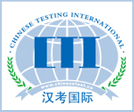
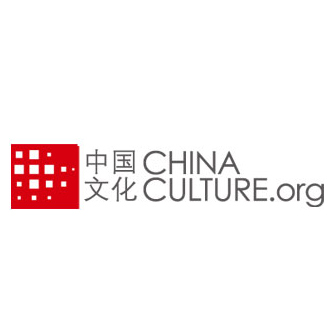
 京公网安备
京公网安备